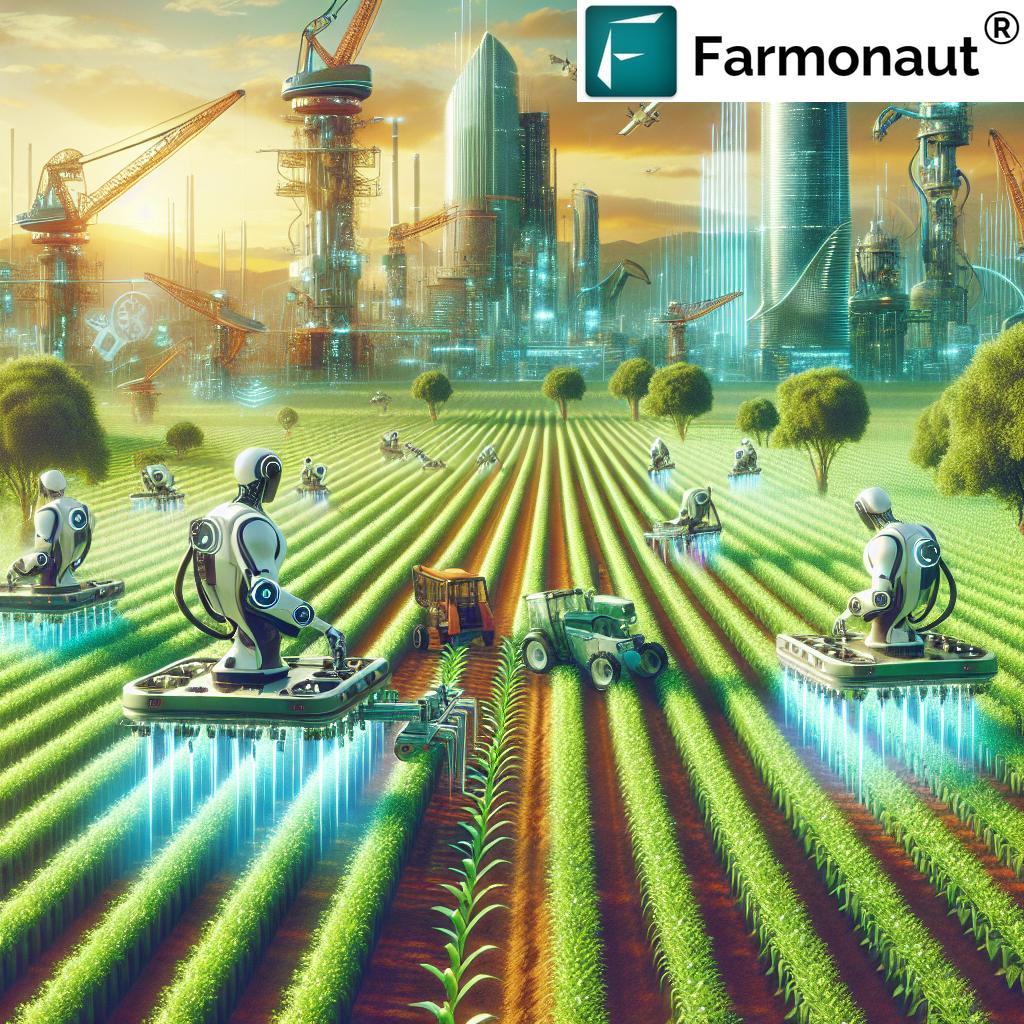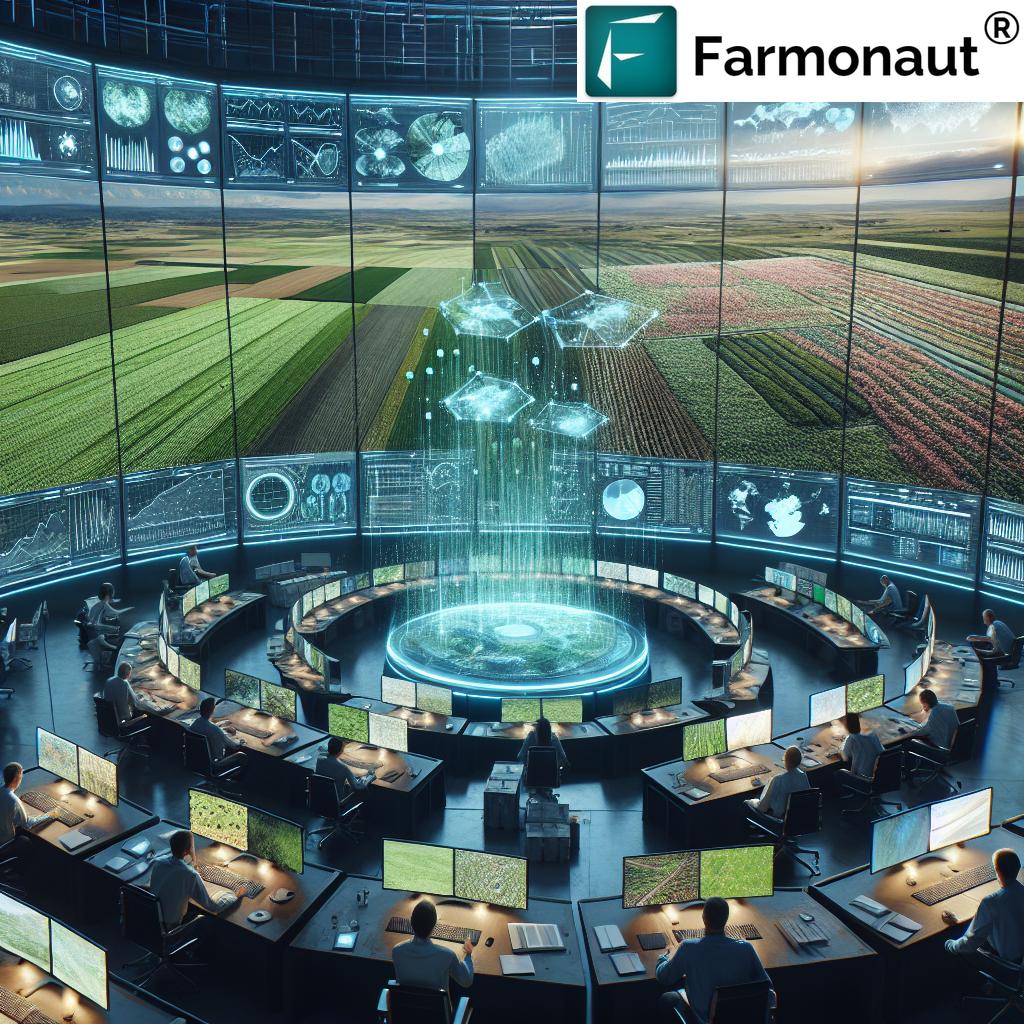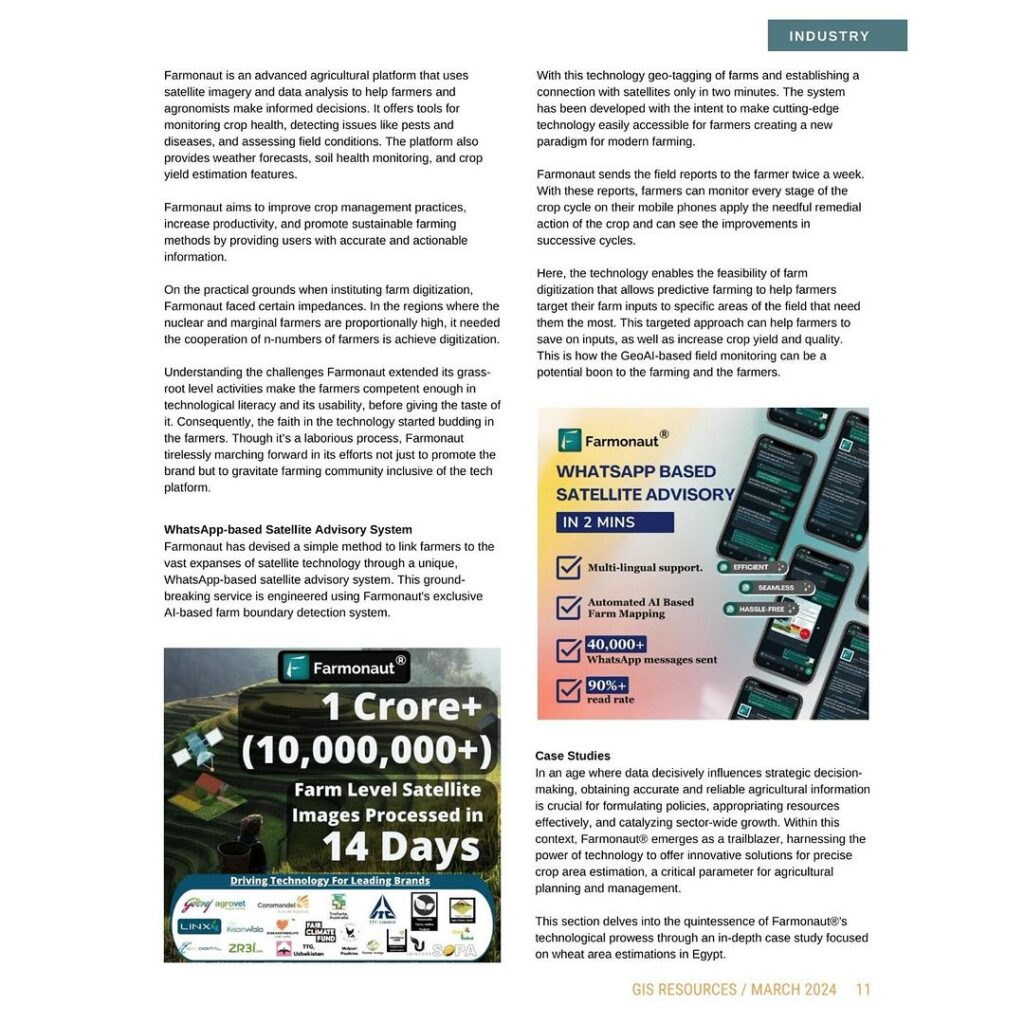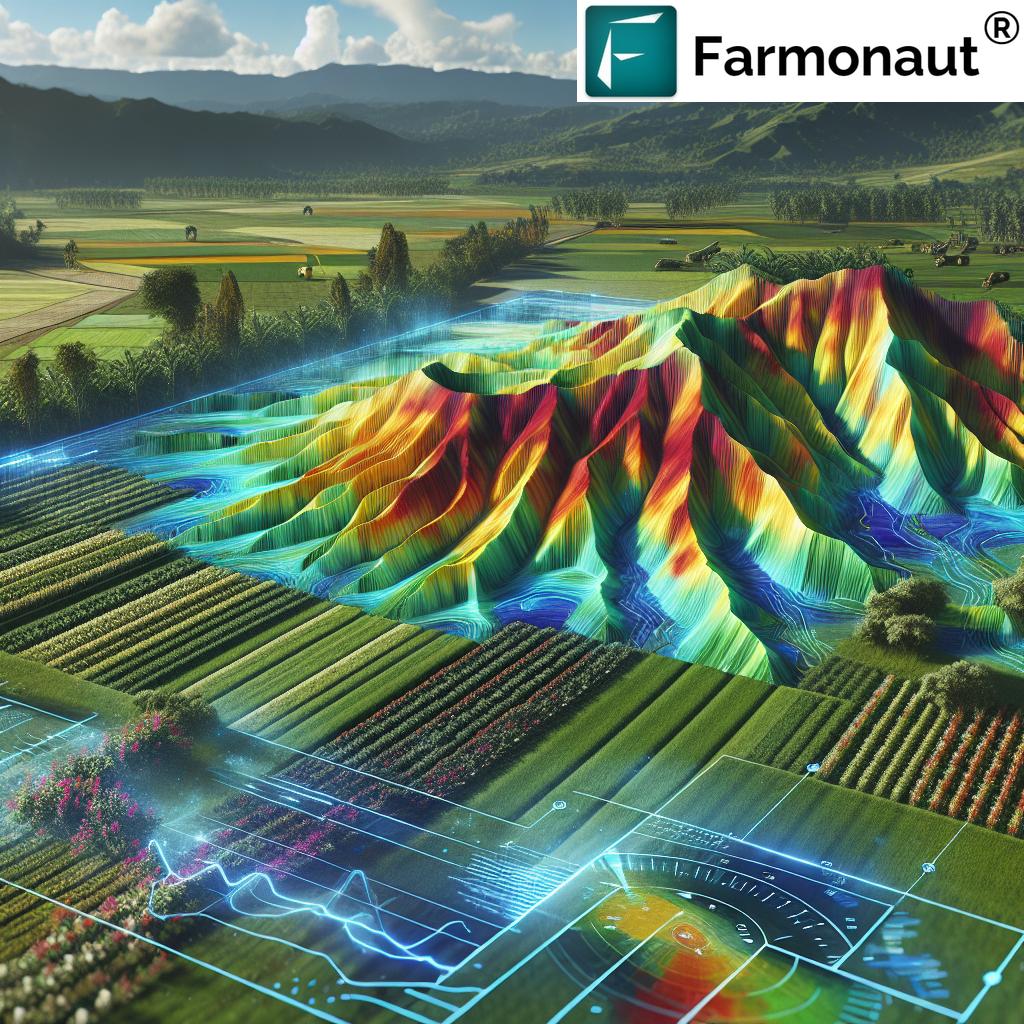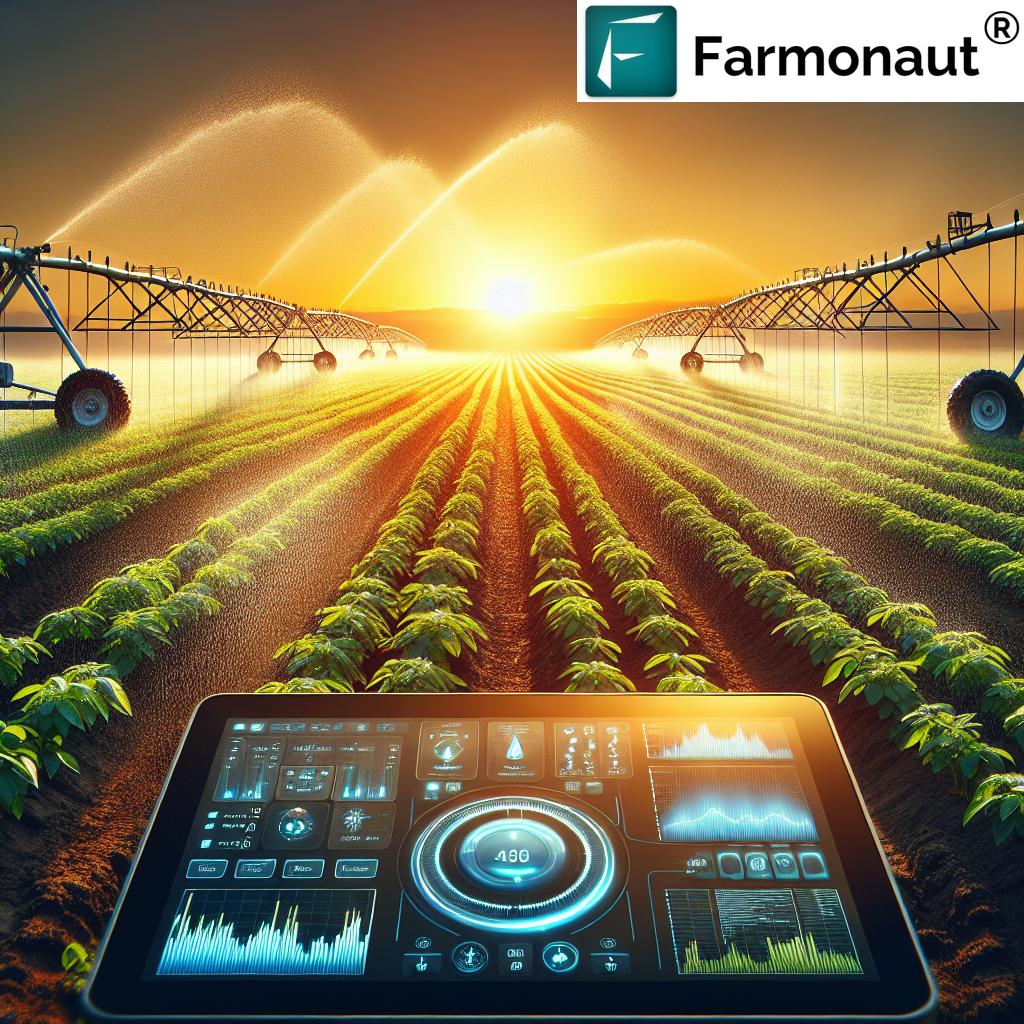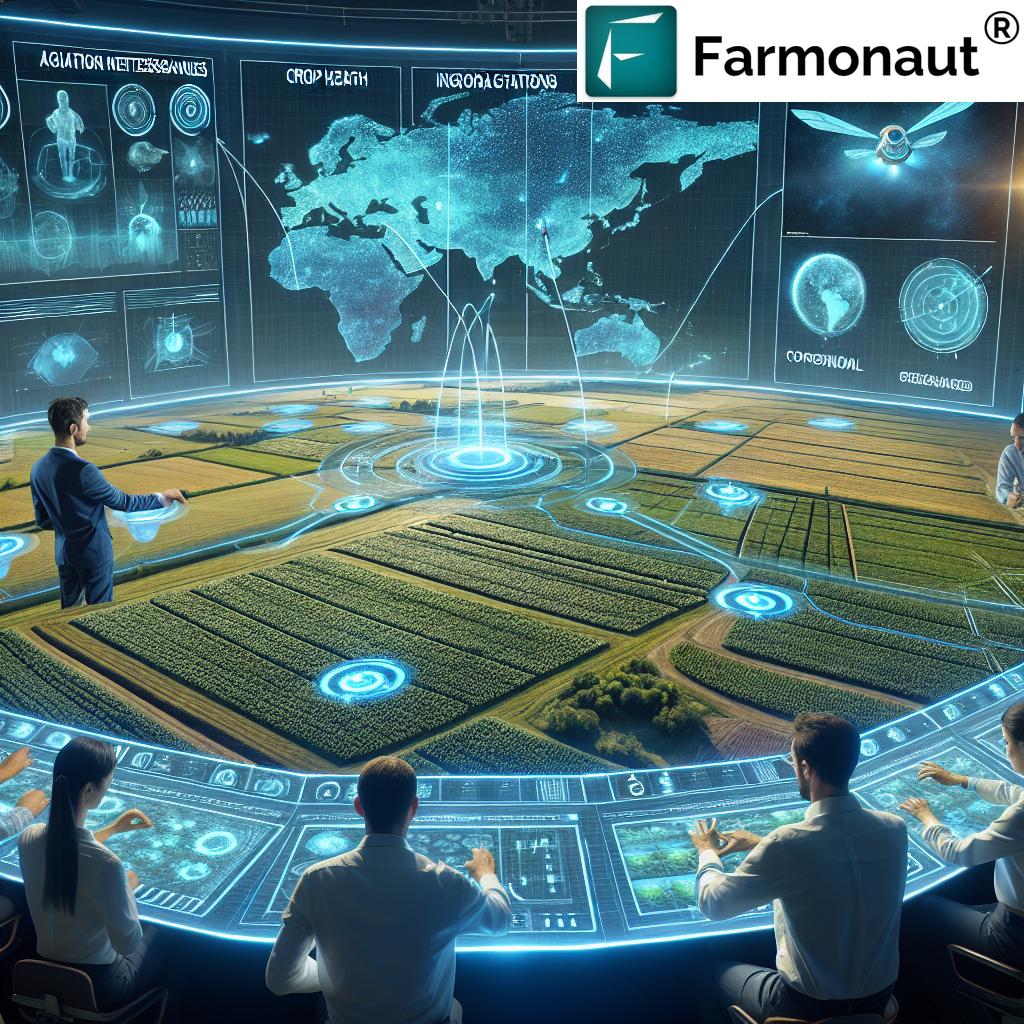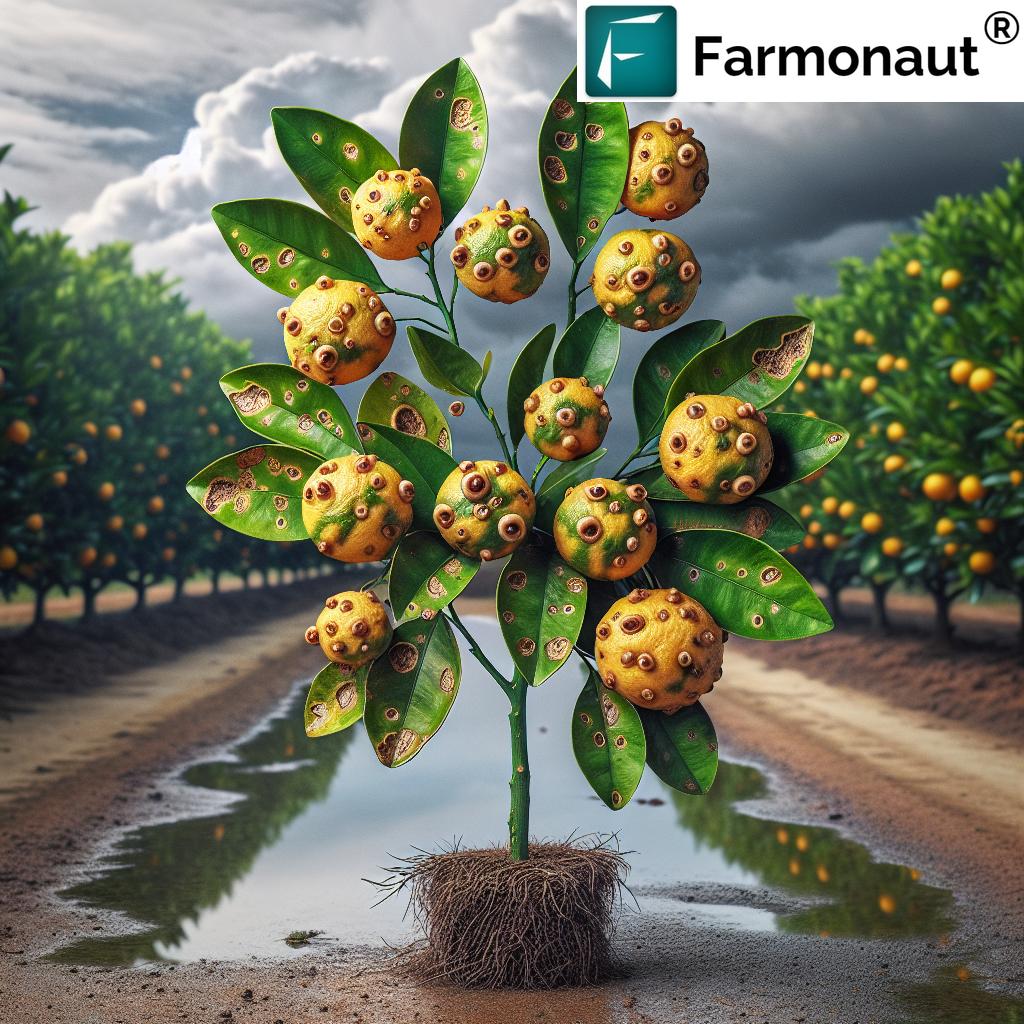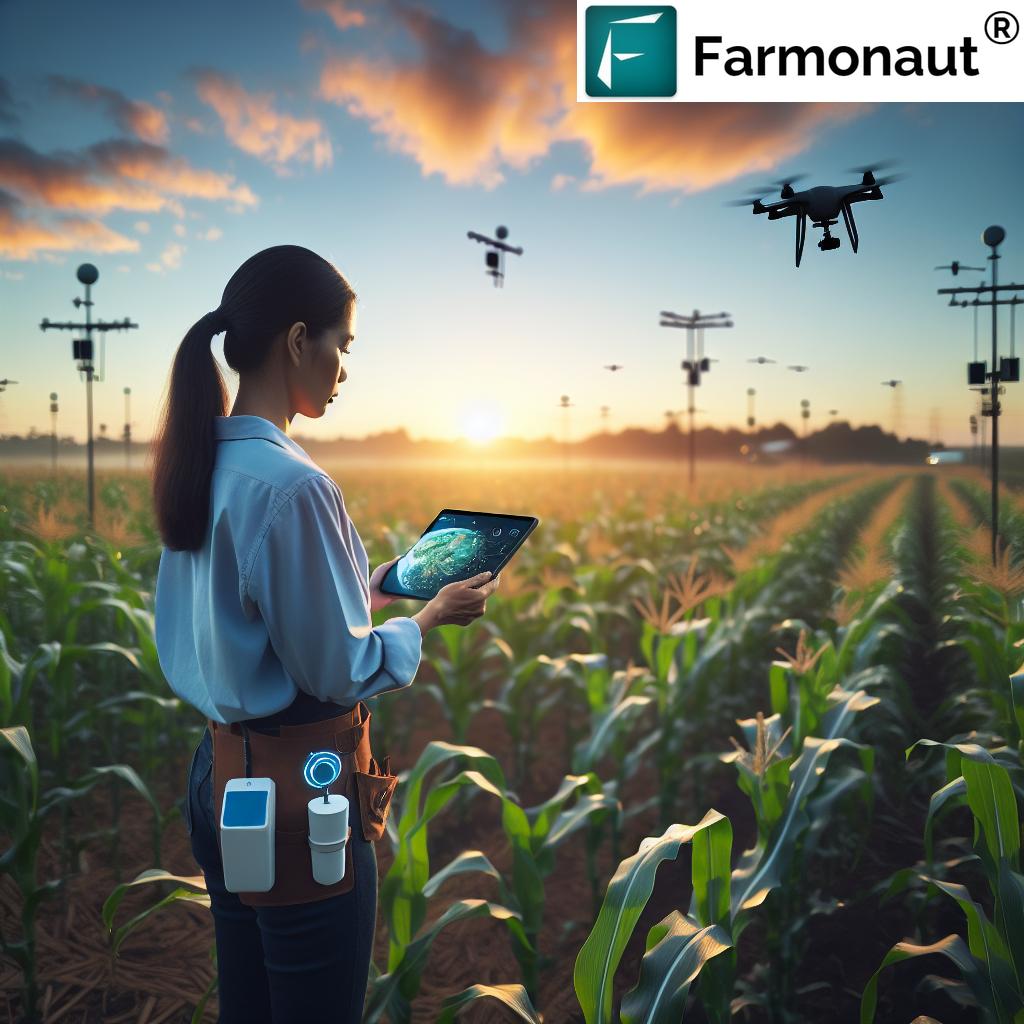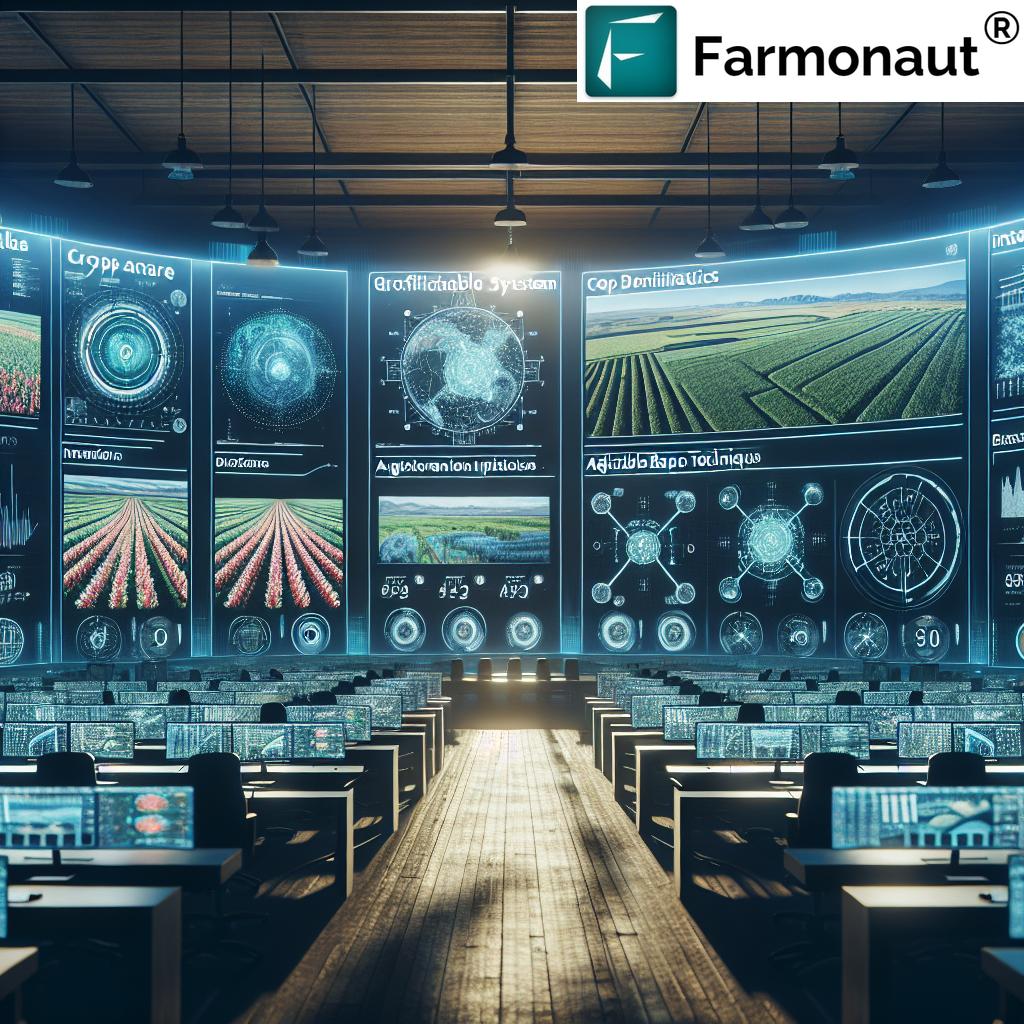Precision Farming Machines: 7 Shocking New Tech Revealed
“Over 70% of new precision farming machines now use AI-driven data analytics for real-time crop management, boosting efficiency.”
Introduction to Precision Farming Machines
Precision farming, also known as precision agriculture, is transforming the world of modern agriculture. With the advent of advanced technologies like AI in agriculture, GPS, IoT, and real-time farm data analytics, our management of soil, crops, equipment, and resources is becoming not only smarter but also more sustainable and efficient. Today’s farmers and agricultural professionals are leveraging a suite of next-generation precision farming machines to monitor, analyze, and optimize every aspect of crop production.
At its core, precision agriculture technology is about delivering exactly what crops and soil require at the right moment and place. By analyzing field variability, integrating advanced sensors, and deploying automated machines, we are ushering in a new era where yields, resource optimization, and sustainability are more attainable than ever. Let’s explore how these innovations—spanning gps guided tractors, drones for crop monitoring, variable rate application farming, autonomous harvesting equipment, and sophisticated AI platforms—are revolutionizing global agriculture.
Why Precision Farming Machines Matter
The growing global demand for food, coupled with environmental pressures and labor shortages, has driven the urgent need for smarter farming solutions. With populations rising and arable land becoming scarce, every hectare must be managed optimally. Precision farming machines bridge this gap by:
- Enhancing efficiency in crop planting, fertilization, and harvesting.
- Reducing input and waste via tailored variable rate application (VRA) of seeds, fertilizers, and pesticides.
- Boosting yields and crop quality by responding to real-time field conditions.
- Strengthening sustainability by minimizing environmental impact and promoting resource stewardship.
- Leveraging real-time data & AI-powered analytics for smarter, actionable decision making.
In fact, thanks to advanced ai-driven data analytics, farmers are now able to accurately detect variability across their fields, precisely monitor crop health, and make informed decisions for each localized plot.
The 7 Shocking New Precision Farming Technologies
Let’s break down seven revolutionary machines and digital technologies that are reshaping modern precision agriculture technology:
1. GPS-Guided Tractors & Planters
GPS guided tractors and planters are the backbone of today’s precision farming machines. By integrating high-precision GPS, these machines navigate fields with sub-inch accuracy. This eliminates overlap and gaps in seed placement, reduces fuel consumption, and minimizes soil compaction.
- Uniform and optimized planting density ensures every seed gets its own space and access to nutrients.
- Field boundaries, slopes, and obstacles are mapped, enabling true autonomous navigation and operation.
- Substantial reduction in fuel, labor costs, and input waste due to precise, reproducible field passes.
Key Technologies: Real-time kinematic (RTK) GPS, IoT sensors, automation, advanced assisted steering.
Learn more about GPS in modern farm equipment
2. Variable Rate Application (VRA) Equipment
Variable rate application farming (VRA) marks a seismic shift away from traditional, uniform spread of seeds, fertilizers, and pesticides. Smart equipment, directed by field data and real-time analysis, adjusts input rates across each field section.
- Soil sensors and remote sensing data analyze soil conditions, crop needs, and predict yields.
- Software & sensors tailor application rates, optimizing every drop of fertilizer, every seed, and every droplet of pesticide.
- Wastage is minimized, crop health improved, and resource sustainability is dramatically enhanced.
Key Technologies: IoT soil/crop sensors, sensor-driven variable rate controllers, prescription maps, and cloud-based farm data analytics.
Explore extensive details on Variable Rate Application
3. Autonomous Harvesters
Autonomous harvesting equipment is revolutionizing the way we collect ripe produce. Drawing on advanced AI, sensors, and machine vision, these machines identify, select, and pick crops with little to no human oversight—boosting efficiency, curbing crop damage, and reducing labor costs.
- Real-time sensors detect the precise ripeness and location of every fruit or vegetable.
- Autonomous systems harvest crops at optimal times, maintaining peak quality.
- Greatly lowers the need for manual labor, improves safety, and maximizes throughput even in large-scale, labor-scarce environments.
Key Technologies: Computer vision, advanced gripping and cutting machinery, AI-based ripeness algorithms, robotics, and self-driving vehicle integration.
Discover how autonomous harvesters are changing farming
4. Drones for Crop Monitoring
Drones for crop monitoring have rapidly become indispensable in our high-tech farms. Outfitted with multispectral cameras and advanced sensors, they fly over fields to provide detailed aerial imagery and crop health metrics.
- Monitor growth stages, spot irrigation issues, and detect early signs of disease or pest stress before problems escalate.
- Generate prescription maps for variable rate application farming and input optimization.
- Rapid assessment of inaccessible or vast farmland from a safe, aerial perspective—saving countless hours of manual scouting.
Key Technologies: Multispectral cameras, LiDAR, NDVI/NDRE vegetation indices, real-time cloud connectivity.
See how drones and robots are reshaping precision agriculture
5. Weeding Robots
Weeding robots are a major leap forward in environmentally friendly weed control. Leveraging AI, computer vision, and machine learning, these smart machines distinguish between crops and weeds—mechanically removing only the latter.
- Minimizes or even eliminates chemical herbicide use, greatly reducing environmental impact.
- Labor costs decrease as robot fleets can work long hours under challenging conditions.
- Accurately targets weeds at early growth stages, preventing competition and improving crop health and final yields.
Key Technologies: AI-driven vision systems, precision actuators, robotics platforms, real-time field data feeds.
Learn more about smart weeding robots
6. Satellite-Based Crop Health Monitoring Systems
Satellite-driven soil and crop management is now only a tap away, thanks to platforms like Farmonaut. These systems harness multispectral satellite data to deliver detailed insights on vegetation health (NDVI), soil moisture, crop stress, and even micro-climate patterns.
- Detects health anomalies and variability across fields for precise, timely intervention.
- Integrates AI-powered advisory to recommend actions—from irrigation adjustments to fertilization.
- Changes historical farm management cycles from slow and reactive to real-time and predictive.
- Affordable, scalable, and accessible from any device.
Key Technologies: Multispectral satellite imaging, AI analysis, NDVI/NDWI mapping, real-time data integration APIs.
7. Integrated AI-Driven Analytics Platforms
The true power of precision farming machines is realized only when data from tractors, drones, harvesters, sensors, and satellites is combined into holistic, actionable intelligence. Integrated AI platforms—like those provided by Farmonaut—enable this hyper-connected agriculture.
- Fuse farm data streams into easy-to-interpret dashboards for farmers, managers, or agribusinesses.
- AI and machine learning algorithms uncover hidden trends, anomalies, and prescription maps for every field zone.
- Empower real-time resource allocation, risk management, and sustainability tracking.
- Integrate with mobile, web, and APIs (API, API Documentation).
Key Technologies: AI, deep learning, big data analytics, cloud-integrated IoT, blockchain-powered traceability.
Comparative Feature Table: Precision Farming Machines
| Machine/Technology Name | Core Technology | Primary Function | Est. Yield Improvement (%)* | Est. Resource Savings (%)* | Sustainability Impact |
|---|---|---|---|---|---|
| GPS-Guided Tractors & Planters | GPS, IoT Sensors, Automation | Precision navigation, uniform seeding | 8–12% | 10–15% (fuel, seed) | Reduced overlap/compaction, less waste |
| Variable Rate Application (VRA) Equipment | IoT, Cloud Analytics | Tailored input application | 10–18% | 20–35% (inputs) | Resource optimization, lower chemical impact |
| Autonomous Harvesters | AI, Machine Vision, Robotics | Automated crop picking/harvesting | 12–20% | 15–30% (labor) | Reduces labor, ensures timely/quality harvest |
| Drones for Crop Monitoring | Drones, Multispectral Cameras | Aerial crop monitoring, data collection | 6–10% | 18–22% (scouting) | Early detection of issues, targeted treatment |
| Weeding Robots | AI, Computer Vision, Robotics | Mechanical weed removal | 4–8% | 25–40% (herbicides) | Minimizes chemicals, reduces environmental load |
| Satellite-Based Crop Health Monitors | Satellites, AI | Field variance mapping, health diagnostics | 10–15% | 20–30% (inputs) | Improves efficiency & reduces overuse |
| Integrated AI-Driven Analytics Platforms | AI, Machine Learning, Big Data | Centralized, predictive crop/resource mgmt | 8–16% | 15–25% (systemic) | Boosts sustainability via holistic optimization |
*Estimated values; results may vary based on local conditions & tech adoption.
Benefits of Modern Precision Farming Machines
- Efficiency: Combined automation and data-driven decision making slash labor costs, optimize machine operation, and maximize outputs.
- Resource Optimization: Inputs such as water, fertilizers, seeds, and fuel are applied only where and when needed, resulting in fewer emissions, lower costs, and healthier ecosystems.
- Yield Enhancement: Early detection of crop stress, disease, or nutrient deficiencies allows for timely interventions, raising average yields and overall farm profitability.
- Sustainability: Smart application and management practices decrease chemical runoff, protect pollinators, and promote biodiversity.
- Data Analytics: Farm data analytics provides real-time insights for fine-tuning strategies across multiple growing seasons, ensuring continuous improvement.
Challenges in Adopting Precision Agriculture Technology
- Initial Investment: Advanced machines and digital systems can be cost-prohibitive for smallholder farmers.
- Technical Complexity: Running autonomous machines, calibrating sensors, or performing data analytics may require new skills/training.
- Data Overload: A flood of sensor, drone, and satellite data calls for platforms that simplify storage, analysis, and actionable insights.
- Connectivity: Many rural and remote areas lack stable internet for real-time data integration and cloud analytics.
- Adoption Gap: Bridging technology awareness and trust among traditional farming communities remains a challenge.
“Precision farming tech adoption has increased crop yields by up to 25% in regions utilizing advanced data analytics and automation.”
Farmonaut: Pioneering Data Intelligence & Sustainability in Precision Agriculture
Farmonaut is a radical innovator in precision agriculture technology. Instead of costly, hardware-heavy machinery, Farmonaut gives users instant access to powerful satellite-based crop health monitoring, AI-informed advisories, and blockchain-based traceability services—all accessible via web, Android, iOS apps, and API integrations.
With a mission to democratize precision farming and make it affordable for every farmer, Farmonaut harnesses AI, machine learning, and satellite imaging to deliver unrivaled real-time insights and actionable recommendations. Whether you are a solo farmer, large agribusiness, government, or an agri-finance provider, Farmonaut adapts to your field, scale, and needs.
- Instant multispectral satellite analysis for crop health, soil moisture, irrigation, and input management.
- Real-time Jeevn AI-based advisory to guide every farm decision—from sowing to harvesting.
- Blockchain traceability for transparent, secure tracking from field to consumer—see product traceability for supply chain authentication.
- Seamless fleet and resource management for complex agribusiness and logistics—check Farmonaut fleet management solutions.
- Carbon footprint monitoring to ensure every operation meets rising sustainability requirements—explore carbon footprinting tools.
Farmonaut’s Precision Farming Technology Ecosystem
Technologies:
- Satellite Crop Health Monitoring: Analyze NDVI, soil moisture, biomass, and vegetation indices. Transform field variability into actionable insight for better management of irrigation, fertilizers, and crop protection.
- AI Advisories (Jeevn AI): Delivers weather-driven crop advisories, custom input strategies, and decision support straight to your device.
- Blockchain Traceability: Track produce securely across the supply chain, boosting transparency and trust. Perfect for food, textile, and pharma supply chains seeking verified origins—learn more at blockchain traceability.
- Fleet & Resource Management: Track assets, improve logistics, minimize downtime, and reduce costs for multi-field, corporate, or contractor operations. Explore on Farmonaut fleet management.
- Carbon Footprinting: Monitor how operations affect environmental sustainability and compliance; see carbon emission analytics.
- APIs: Plug Farmonaut’s analytics and remote sensing into your custom apps or research via API access or API developer docs.
Business Model:
- Flexible, subscription-based access for small farms, agribusinesses, or governments.
- Packages scale by area monitored and update frequency—compare options above.
- Access via Android, iOS, web, or API. Simple onboarding—no need to invest in costly new hardware.
Target Audiences:
- Individual Farmers: Gain real-time, precise field-level analytics to manage every input and maximize output.
- Agribusiness: Manage plantations, ensure compliance, optimize logistics, and reduce resource consumption.
- Governments/NGOs: Efficiently oversee area monitoring, farm support, yield estimation, and policy implementation.
- Financial Institutions: Use satellite-based verification for fraud-proof crop loans and insurance.
- Corporate: Verify supply chain sustainability via blockchain-based traceability.
Farmonaut is not a seller or manufacturer of physical farm inputs or machinery but an enabling platform delivering actionable intelligence to optimize your digital and operational workflow in agriculture.
Future Outlook for Precision Farming Machines
The pace of innovation in precision agriculture technology continues to accelerate. Here’s what we see shaping the next decade:
- AI/Machine Learning Evolution: Deeper learning models will evolve prediction, automation, and resource allocation.
- More Affordable Access: Platforms like Farmonaut are bringing high-end insights to even the smallest farms via remote sensing, app-based delivery, and zero hardware expenses.
- Environmental Sustainability: Expect a sharp increase in carbon tracking, electric-powered agricultural equipment, and integrated platforms for sustainable farm practices.
- Unified Digital Ecosystems: Exact data from all machines and sensors will connect seamlessly into cloud dashboards, empowering multi-field owners to monitor, analyze, and act on every square meter of land in real time.
- Simplified User Experience: As platforms mature, onboarding will be easier, interfaces become more intuitive, and smart mobile/web apps will do more heavy lifting for both new and seasoned farmers.
As technology continues to evolve, we are headed toward an era where every seed, drop of water, and machine hour is optimized for maximum yield, minimal waste, and genuine sustainability.
FAQ: Precision Farming Machines and Technology
What is precision farming and how does it differ from traditional farming?
Precision farming is a data-driven approach to agriculture using technologies such as GPS, IoT sensors, AI, and satellite analytics to apply inputs (seeds, fertilizer, water) exactly where and when they’re needed. This maximizes yield and efficiency while minimizing waste, differing from traditional methods that rely on uniform application and reactive management.
What are the most important precision farming machines?
Top innovations include GPS-guided tractors, variable rate applicators, autonomous harvesters, drones, weeding robots, satellite-based crop health monitors, and integrated analytics platforms like Farmonaut.
Is heavy machinery required to benefit from precision agriculture?
No. While advanced machines offer great benefits, digital platforms like Farmonaut allow even small farms to access real-time data analytics, crop monitoring, AI-powered advisories, and resource tracking without physical hardware investments.
What are the major challenges in adopting precision agriculture?
Key challenges include high initial investment for some machines, technical skills and training, internet connectivity, data management, and technology adoption in traditional communities. Farmonaut addresses many of these by providing easy, affordable app-based solutions and actionable insights.
How does AI contribute to precision farming?
AI in agriculture enables predictive analytics, crop health diagnosis, highly targeted input applications, and autonomous machinery operations, all essential for maximizing efficiency and minimizing costs and environmental impact.
Can Farmonaut solutions be used for large-scale and smallholder farms?
Absolutely. Farmonaut serves a broad spectrum of users, from individual smallholders needing field-level insights to large agribusinesses requiring enterprise-scale fleet management, logistics, and sustainability analytics.
Does Farmonaut sell or manufacture machines or farm inputs?
No. Farmonaut is a data intelligence and technological platform, providing satellite analytics, AI-based advisories, and blockchain services. It is not a manufacturer, distributor, or seller of farm machinery or agricultural inputs.
Get Started with Precision Agriculture: Farmonaut Quick Links
- Carbon Footprinting: Track and minimize your farm’s carbon emissions for a greener tomorrow.
- Product Traceability: Enhance transparency in your crop supply chain using blockchain technology.
- Crop Loan and Insurance: Secure satellite-based verification to reduce fraud and streamline financing.
- Fleet Management: Optimize agricultural machinery use and reduce operational costs.
- Large-Scale Farm Management: Scalable solutions for plantations and agribusinesses to analyze every field at once.
- Crop Plantation & Forest Advisory: Personalized, AI-based advice for field and forest management.
In summary:
Precision farming machines, integrated with AI, IoT, and robust data analytics, are redefining global crop, soil, and resource management. Platforms like Farmonaut are bridging the gap, making these insights affordable and accessible for all scale farmers—without selling or making machinery, but by empowering smart, sustainable, and highly productive agriculture everywhere.







